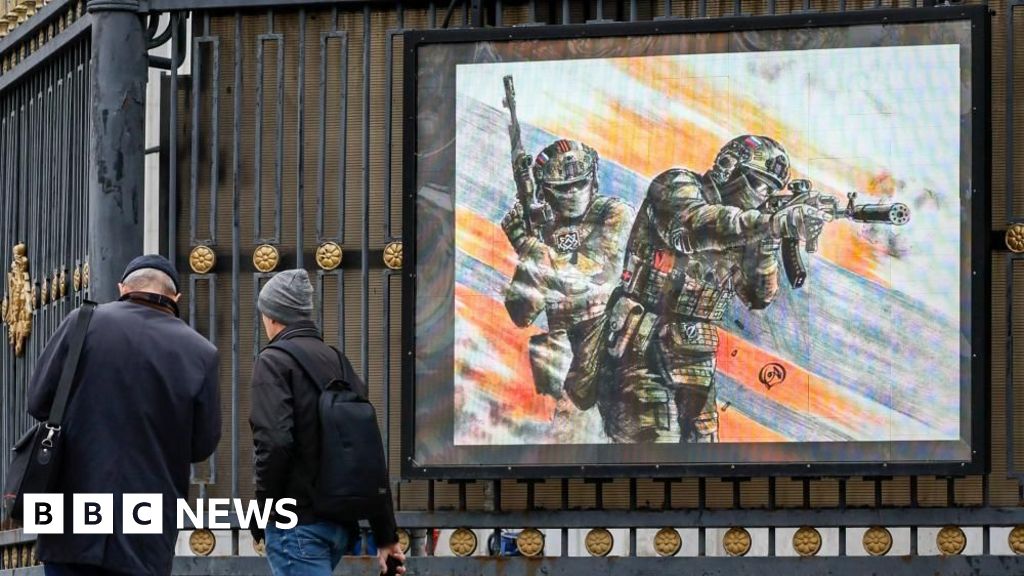Russian Soldiers Return Home, But Not Without a Problem
Irina was attacked by a man in Artyom, Russia’s far east. The man kicked her and beat her with his crutch, breaking it in the process. When police arrived, he showed them a document claiming to have been in Ukraine. He said because of his service, “nothing will happen to him”.
This attack is not an isolated incident. Many Russians have been attacked by soldiers returning from Ukraine. According to Verstka, an independent Russian website, at least 242 people have been killed and 227 seriously injured by these soldiers.
The attackers often have previous convictions and were released from prison specifically to join the war in Ukraine. The BBC estimates that over 48,000 prisoners were recruited by the Wagner mercenary group to fight in Ukraine.
Russian society is severely impacted by these cases, says sociologist Igor Eidman. “This is a very serious problem, and it can potentially get worse,” he said. “All traditional ideas of good and evil are being turned upside down.”
People who committed crimes like murder, rape, and cannibalism are now being hailed as heroes. Official media call them heroes, and President Vladimir Putin has dubbed them Russia’s new elite.
Those released from prison to join the army often have their convictions removed or pardoned. Some even reoffend after returning home but escape punishment again by going back to the front.
Police officers are at a loss about how to deal with these cases. “Four years ago, I put him away for seven years,” said policeman Grigory. “And here he is in front of me again, saying: ‘You won’t be able to do anything, officer. Now’s our time, the time of those who are shedding blood in the special military operation.'”
Russian courts have started using participation in the war against Ukraine as a reason to issue milder sentences. But many cases don’t even reach court due to a new law that makes it harder for victims to report crimes committed by veterans.
Olga Romanova, head of prisoner rights NGO Russia Behind Bars, says a sense of impunity is driving up crime rates. “The main consequence is the gap between crime and punishment in the public mind,” she said. If you commit a crime, it’s far from certain that you’ll be punished.
In 2023, serious crimes registered in Russia rose by almost 10%, and military personnel convicted of crimes more than doubled compared to the same period last year.













